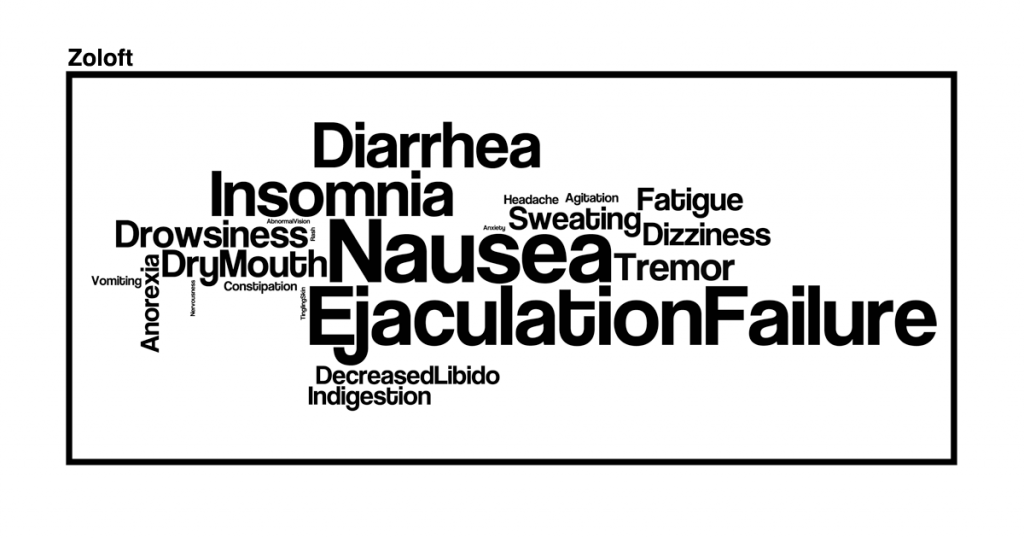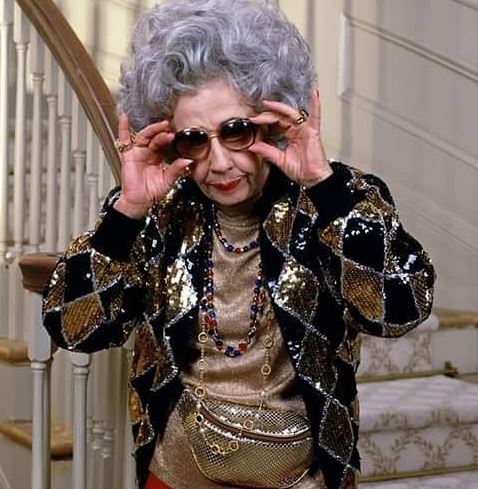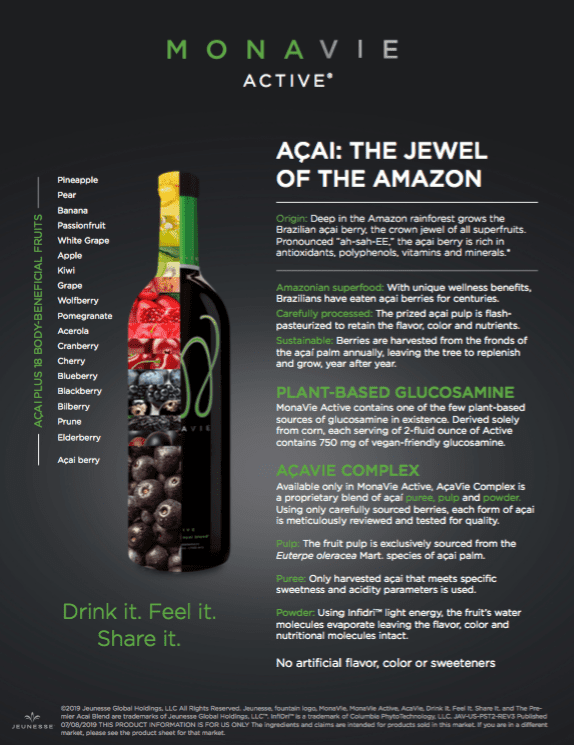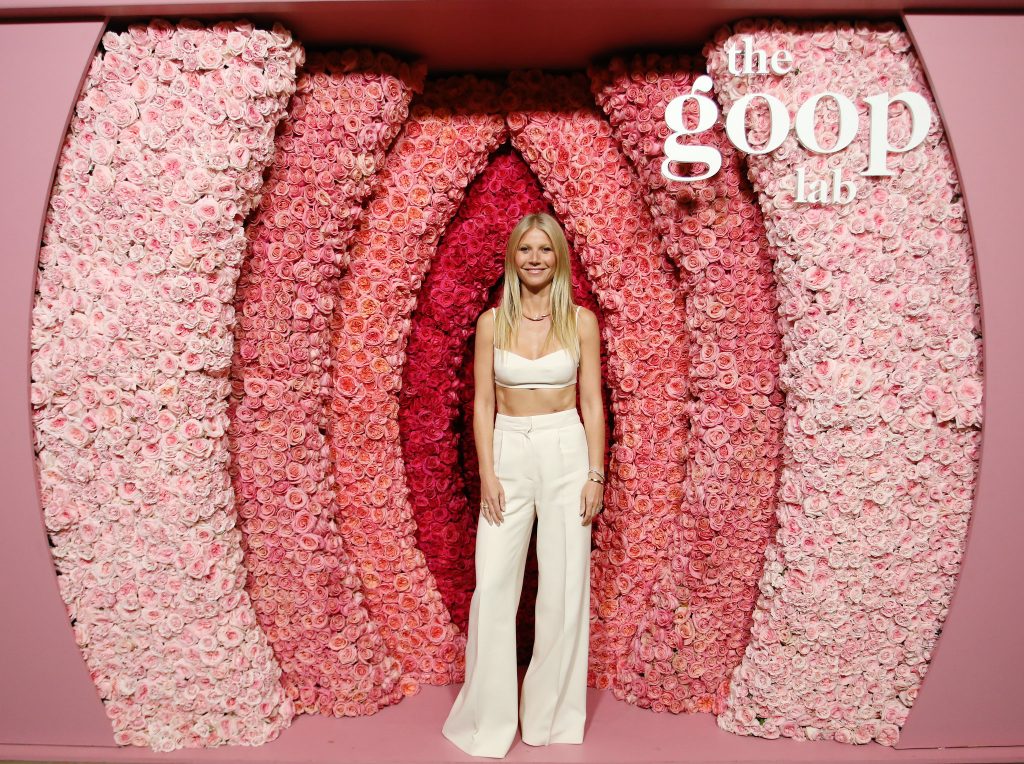Motivation is one of those elusive concepts in life – a feeling without description, an action that parades as a concept.
It’s black and white – you’re motivated, or not motivated. Being unmotivated leads to all kinds of bad feelings: anxiety, depression, fatigue, restlessness, and whatever else they tell you really quickly as a side effect at the end of pill ads.
Obviously we want to avoid that, so the only other option is to be motivated.
Usually this comes from coffee, having bills to pay, trying to impress friends and family, and enough guilt and shame to power a small electrical grid.
We spend a great deal of effort on how to motivate ourselves and not on why our motivations are what they are.
Funny enough, the first step of character development for a book/show/movie/cold case your mother is determined to solve after one episode of “investigation discovery” is to determine a character’s motivation. What drives them? Impressing others? Insecurity? Some hot under-the-table action during 2-for-1 appetizer night at Elephant Bar?
Why don’t we do this same kind of understanding of ourselves?
I think people would be a little scared to find that insecurity is one of our greatest motivators.
Look no further than pyramid schemes: they promise you’ll become wealthy overnight, you’ll have the opportunity to work for yourself, and you’ll be part of a growing movement.
It hits at three core insecurities:
Money – which represents accomplishment
Work – which represents the desire for independence
Community – which represents safety and esteem from others.
Nobody likes being poor, having a boss, or feeling isolated. All represent a core insecurity of powerlessness.
Pyramid schemes are an extreme example of marketing, an industry which is designed to exploit those insecurities.
So what’s the workaround here? Why do we punish ourselves in the name of motivation, and how do we motivate ourselves in a healthy way?
Understand your motivations – who are you trying to impress and why? Coworkers? Friends? Family? Do these people accept you as you – including your faults – or are they just enamored with the best version of you or stuck on a past version of you?
Align your work with your goals – what is it you’d like to be doing? Are you doing it? If not, why? If so, how can you get really good at it?
Who do you want to be? – it’s a decade from now and you look back at your life in the preceding years. Did you do things to please others, or did you do them for you?
Incentivizing yourself to be the best version of you, for you, is the key to limitless motivation.
By being the best version of you, you’re not showing up others – you’re showing up for others. You’re giving yourself the greatest shot possible.
And who knows? You can go on to create the pyramid scheme of your dreams!






Leave a Reply